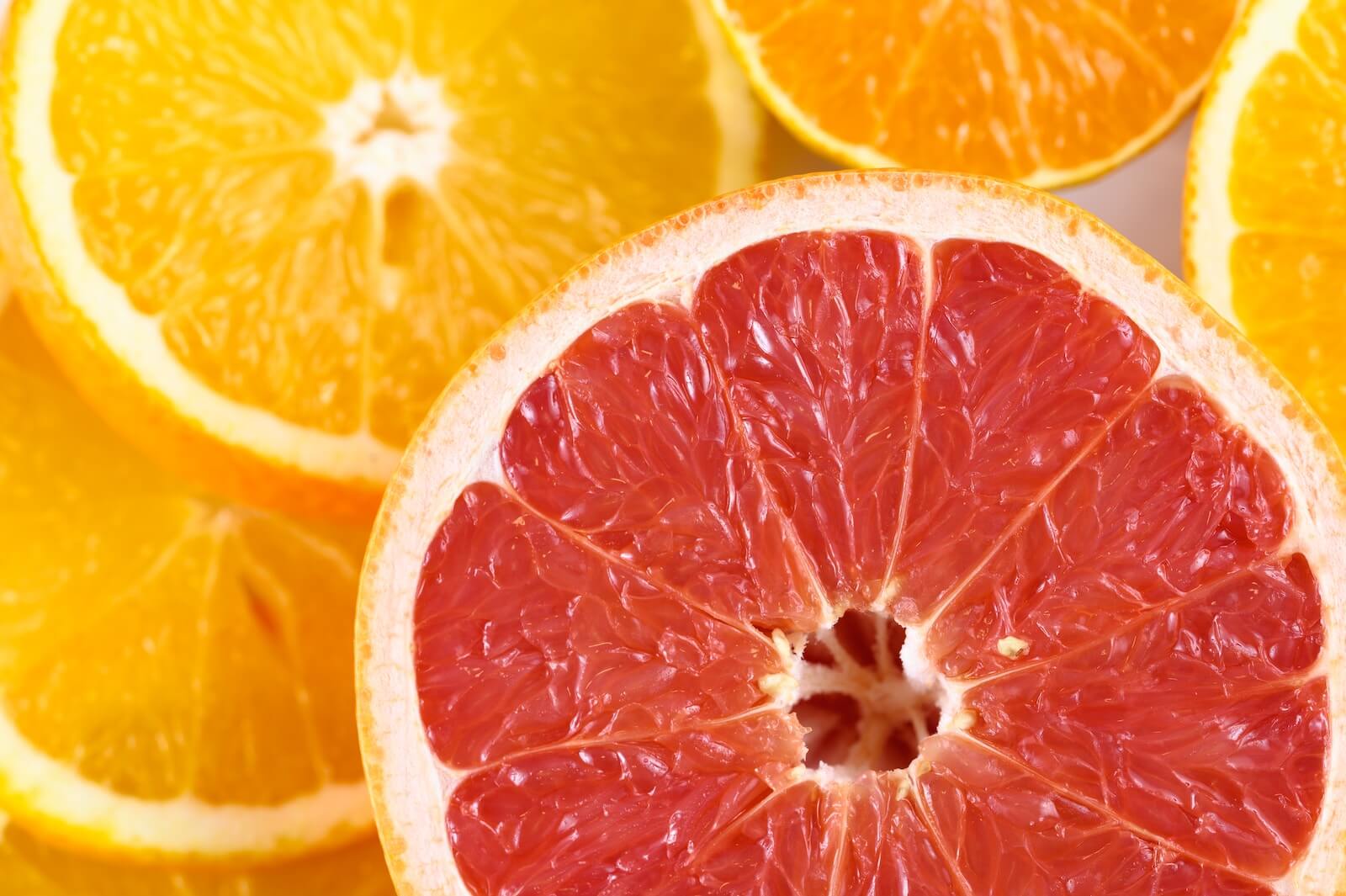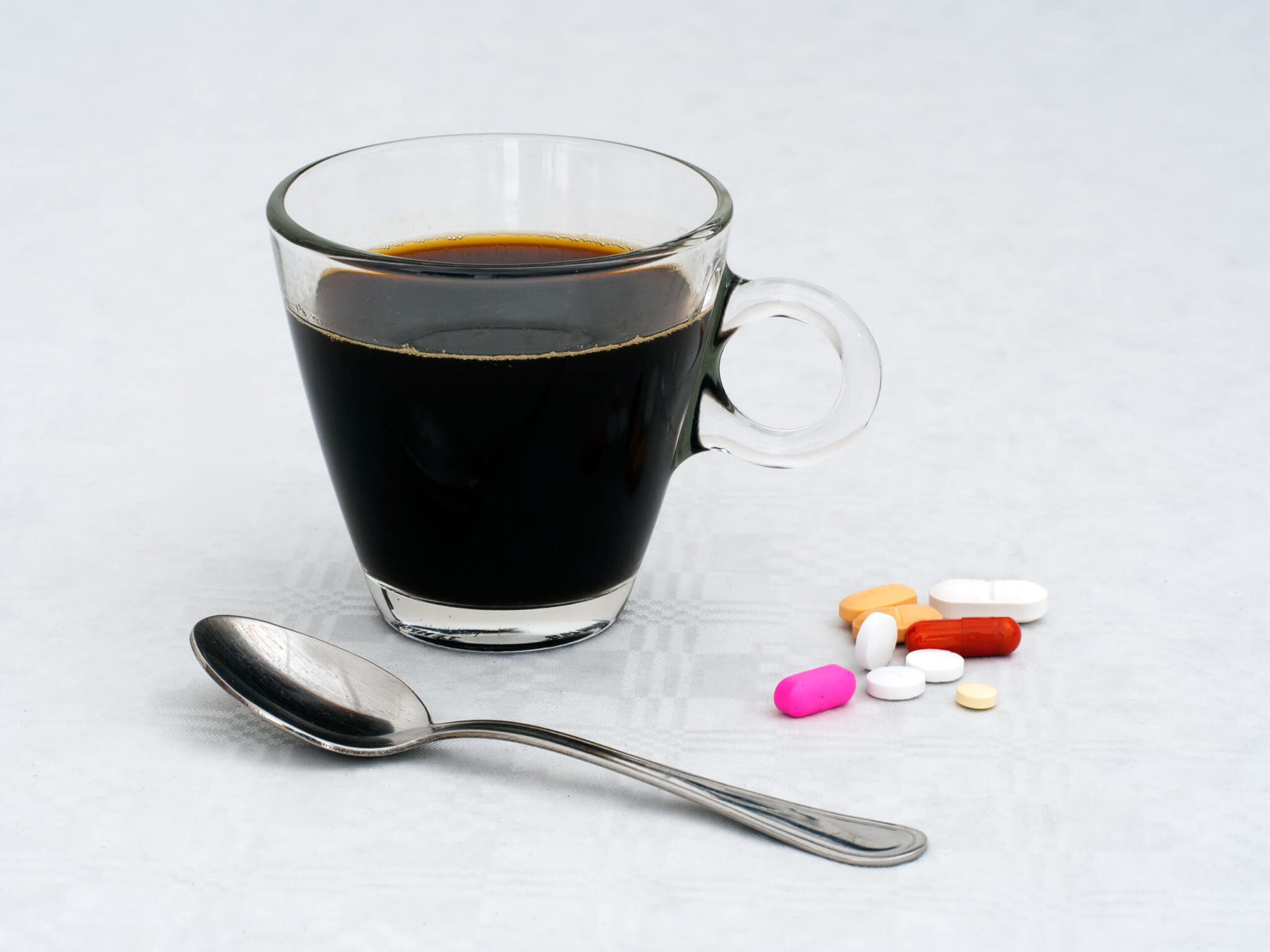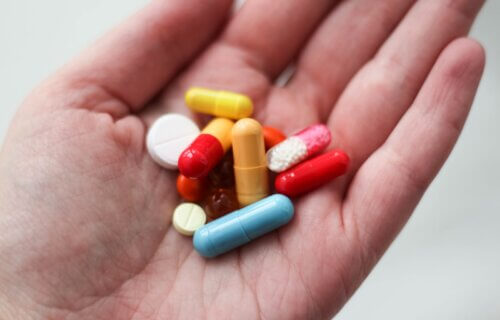Medications are vital for treating various health conditions, but did you know that what you eat can significantly affect their effectiveness? The interaction between food and drugs is a complex subject and understanding it can help you get the most out of your medications while avoiding unwanted side-effects.
Food can affect how your body processes medication. Some foods can enhance a drug’s effect, while others can reduce it. Understanding these dynamics is essential for managing your health.
1. Grapefruit
Grapefruit and grapefruit juice are well-known for their interactions with various medications. There are compounds in grapefruit that can inhibit enzymes in the body that break down prescription drugs, leading to higher drug concentrations in your bloodstream. This can amplify a medication’s side-effects, particularly with cholesterol-lowering statins, some blood pressure medications, and certain psychiatric drugs.

2. Dairy Products
Dairy products like milk, cheese, and yogurt can interfere with the absorption of certain antibiotics, such as tetracyclines and quinolones. These foods contain calcium, which binds to the antibiotic in the digestive tract, reducing its absorption and effectiveness. To avoid this, it’s recommended that you take these antibiotics a few hours before or after consuming dairy.

3. Leafy Greens
If you’re on blood thinners like warfarin, pay attention to your intake of vitamin K-rich foods, such as spinach, kale, and broccoli. Vitamin K plays a crucial role in blood clotting, and fluctuations in its dietary intake can affect the efficacy of warfarin, leading to potential health risks. Consistency is key – keep your vitamin K intake stable.

4. Alcohol
Alcohol can interact dangerously with a wide range of medications, including painkillers, antidepressants, and diabetes medications. These interactions can lead to dizziness, drowsiness, liver damage, and other serious complications. It’s best to limit or avoid alcohol while on medication.

5. Caffeine
Caffeine, commonly found in coffee, tea, and some sodas, can affect the metabolism of certain drugs, potentially increasing their side-effects. For instance, it can enhance the stimulant effects of some psychiatric and ADHD medications, leading to increased heart rate and blood pressure.

Watch Out for High-Fiber Foods and Certain Diets
While high-fiber foods are excellent for digestive health, they can interfere with the absorption of certain medications. For example, a high-fiber diet might reduce the effectiveness of some cholesterol medications. Taking these medications a few hours before or after a high-fiber meal can help avoid this interaction.
If you’re following a special diet, like a ketogenic diet for weight loss or a low-sodium diet for blood pressure management, it’s essential to understand how these dietary choices can interact with your medications. Some diets can alter the body’s metabolism, impacting how drugs are processed.
To manage food-drug interactions, communicate openly with your healthcare provider. Share your diet, supplements, and medication regimen for personalized advice. By being aware of these interactions, you can optimize your medication’s effectiveness and avoid potential complications.
You might also be interested in:
- Traveling With Prescription Drugs: 5 Essential Tips From A Pharmacist
- Online Pharmacies: How to tell if it’s legitimate or a scam
- 10 Medications That May Have Concerning Interactions With Coffee

